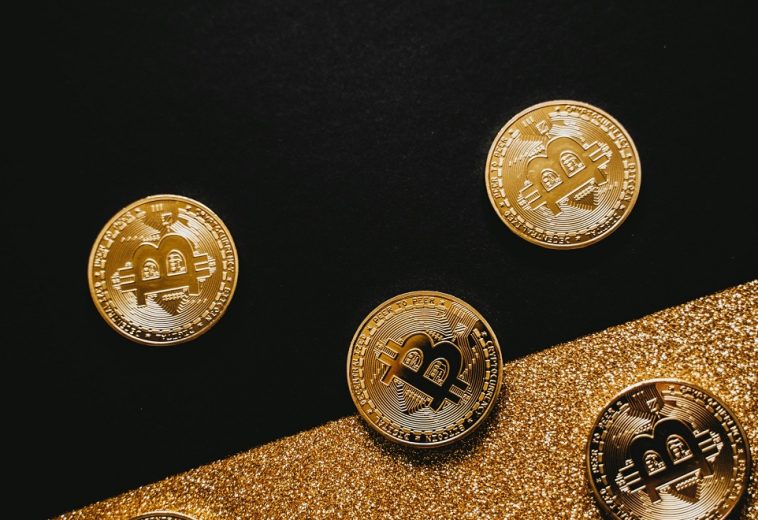In today’s world, information has become an invaluable commodity. Technological innovations have made it easier to disseminate information globally. Unfortunately, this ease has also facilitated the spread of disinformation.
In Africa, a continent known for its cultural and linguistic diversity, disinformation presents a formidable challenge, raising serious concerns. Disinformation has been repeatedly used for political purposes, to promote ideologies, and to incite civil unrest. The consequences are far-reaching, affecting everything from political stability to public health.
The speed of information dissemination has been greatly accelerated by digitalisation and the rise of social media platforms, which foster a community-based model of sharing information. Africa has embraced digitalisation enthusiastically, leading to significant growth in many sectors across the continent.
However, alongside these benefits, digitalisation and social media have also created opportunities for the spread of disinformation and fake news. Social media and the Internet of Things have become avenues for unchecked, and in some cases deliberately fabricated, false information to circulate as truth, leading to misguided beliefs and decisions.
Disinformation has frequently been used as a political tool, exacerbating political and ethnic tensions both within and across national borders. Political actors use this tool to sway public opinion, discredit opponents, or incite violence. During elections, politicians often target specific ethnic groups or regions with disinformation, deepening divisions and influencing voter behaviour based on false premises.
This potent tool can also lead to economic instability, especially in economically disadvantaged regions. In such areas, where counter-information may be scarce, it is easier to manipulate people’s beliefs, exploiting their desperation for solutions. Scams, false health remedies, and fraudulent financial schemes are just a few examples of how disinformation preys on vulnerable populations. This distortion of public perception can result in misguided policy responses or a loss of trust in legitimate institutions.
Regions with low levels of education and media literacy are particularly vulnerable to disinformation. Without the ability to critically evaluate information and its sources, individuals are more likely to fall victim to false narratives. Efforts to improve media literacy in Africa have been undertaken, with initiatives led by governments, NGOs, and media organisations focusing on teaching people how to distinguish credible sources from unreliable ones.
Some African governments have responded to the spread of disinformation by enacting laws and regulations to penalise it and to regulate media practices. Tech companies have also made significant strides in combating disinformation through fact-checking partnerships and content moderation.
Addressing the challenge of disinformation in Africa requires a multifaceted approach. This includes improving digital literacy, strengthening regulatory frameworks, and fostering community-based efforts to build resilience against false information. Regulatory bodies must develop and enforce policies that address the unique challenges posed by disinformation.




